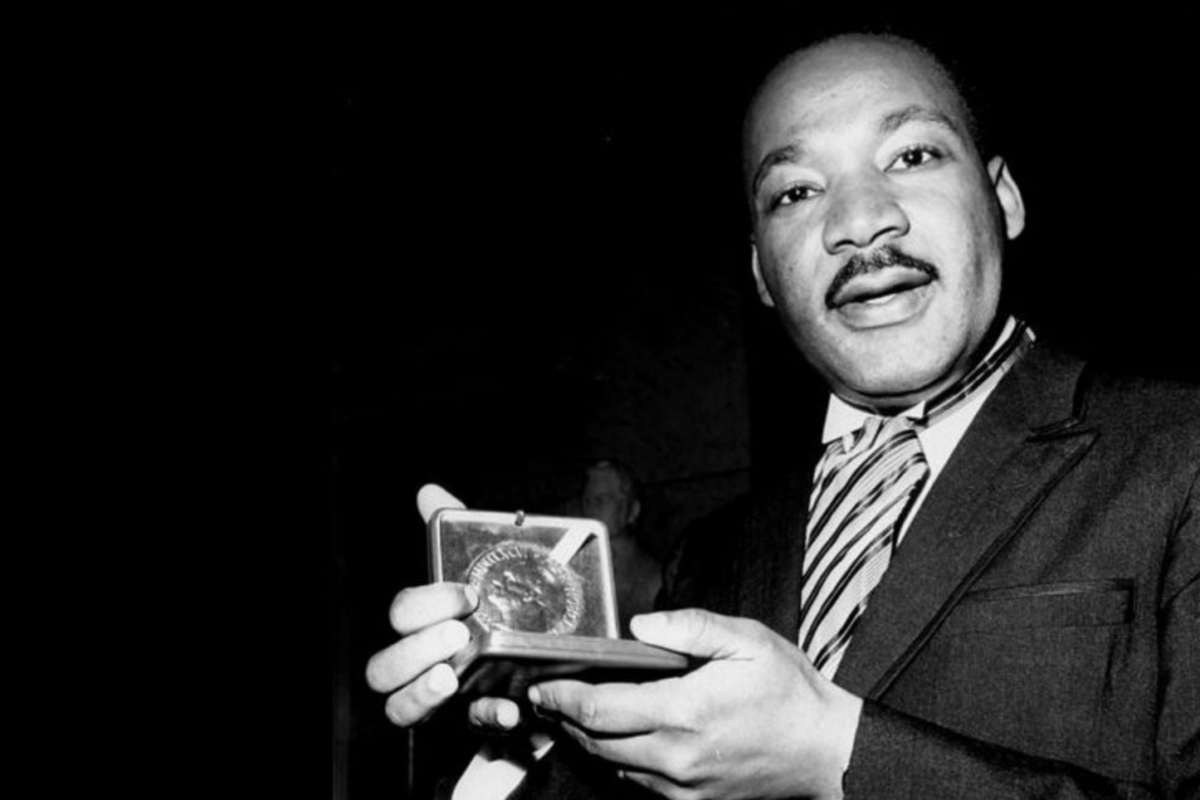The war for talent has been relentless, even before the so-called Great Resignation and quiet quitting that followed the pandemic. Silicon Valley perks were all about attracting scarce talent. The power of employees has been most evident when it comes to corporate purpose.
Employees have been one of the biggest drivers of corporate purpose. More than consumers, employees have forced the hand of senior management to align with diversity, sustainability and stakeholder capitalism. For example, the public positions of companies like Delta and Home Depot on the voting laws passed in Georgia in 2021 were, in no small part, reflective of intense employee pressure.
As purpose has gone mainstream, though, power dynamics have shifted. Part of this is financial. Tech companies, in particular, have had to scale back from the pandemic-era hiring surge, which has meant massive layoffs and the loss of perks, as well as less job security, which quiets dissent. Witness the return to office that is happening as employee power to ignore mandates and remain at home is diminishing.
The bigger part of this shift is the rebalancing of control that always happens once something has been accomplished. Purpose has been embraced, so the tension that provided employees with a voice has been eased and management is now back to business.
This is not to suggest purpose is waning. Purpose is mainstream, and as such is now a part of normal business processes run by management. Purpose is no longer something new championed from the bottom up. It is now an integral commitment owned, so to speak, by top management and thus managed from the top down. With this shift is a new context for purpose in which it is prioritized relative to other considerations. For example, the pushback by Netflix management against employee pressure to cancel Dave Chappelle’s 2021 special was not because management was unsympathetic, but because from the top-down, purpose is one thing among many not the only thing.
The mainstreaming of purpose changes how purpose is approached, and this means that employees—middle managers, especially—are less involved in what happens next with purpose. That power, and whatever voice or influence went with it, now rests with senior managers. Add in economic pressures on companies to regain control over costs and to find new sources of growth. The peak of employee power has now passed as purpose has become a mainstream business phenomenon.
Contributed to Branding Strategy Insider By: Walker Smith, Chief Knowledge Officer, Brand & Marketing at Kantar
The Blake Project can help you define your brand purpose and create a stronger brand culture.
Branding Strategy Insider is a service of The Blake Project: A strategic brand consultancy specializing in Brand Research, Brand Strategy, Brand Growth and Brand Education




